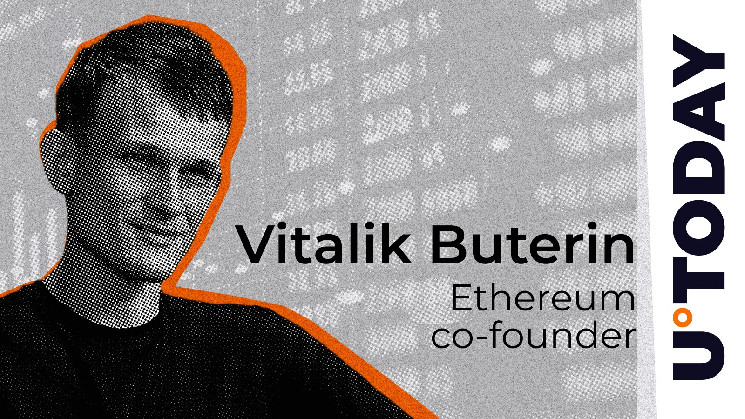Ethereum cofounder Vitalik Buterin has cautioned against calling certain blockchain use cases attacks. He emphasized how such measures might open the door for censorship in blockchain networks compromising the openness and defiance of authority that are the foundation of these networks.
In his most recent post, Buterin highlighted that the market mechanisms of blockchain technology, specifically the use of fees, are its strongest point. With the help of these mechanisms, applications that are prepared to pay for on-chain execution are accepted without bias or unpredictable limitations. He said that adding arbitrary definitions of what qualifies as an attack could create a risky precedent and result in censorship.
However, Buterin recognized that users of the ecosystem have the freedom to voice their opinions about applications or their developers. Additionally, he backed the notion of socially organizing communities to reject specific applications like those engaged in immoral behavior. He did clarify, though, that layer-1 (L1) blockchains should not be responsible for such activities.
Blockchains run the risk of losing their integrity as open decentralized systems when they start to censor or ban applications. Buterin highlighted how blockchain technology is one of the last lines of defense against the expanding global trend of internet fragmentation, which is sometimes referred to as the splinternet. In this context, preserving censorship resistance is essential if blockchains are to live up to their potential as instruments of neutrality and freedom.
This warning coincides with the growing polarization of discussions surrounding on-chain activity, which ranges from high-frequency trading to privacy-focused applications. In order to ensure that blockchains continue to be a pillar of decentralization, Buterin’s position emphasizes how crucial it is to maintain their neutrality and transparent governance mechanisms, such as fees.
Buterin’s observations emphasize the need to strike a careful balance between innovation, regulation and the fundamental ideas that underpin the revolutionary potential of blockchain technology as its use expands.

